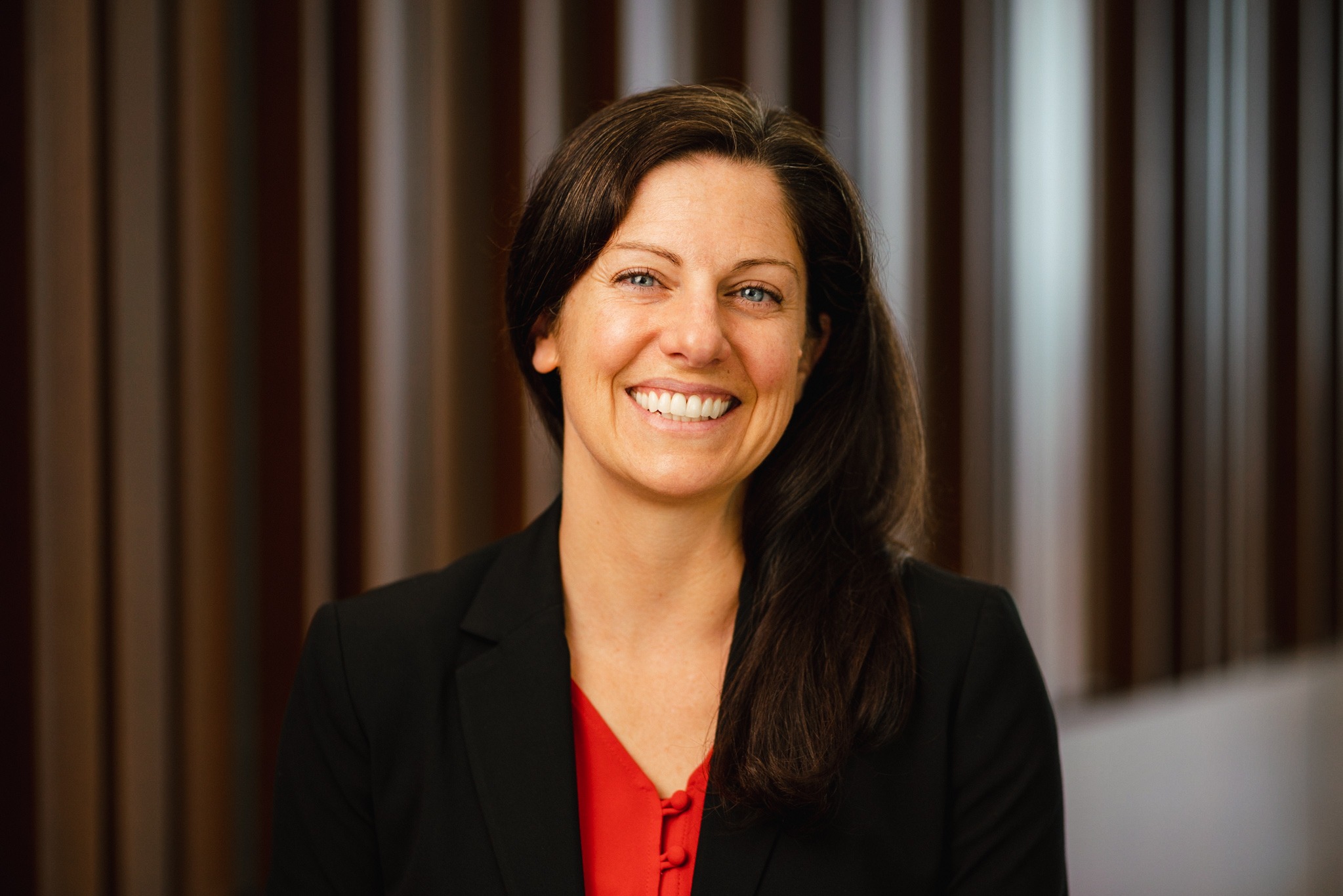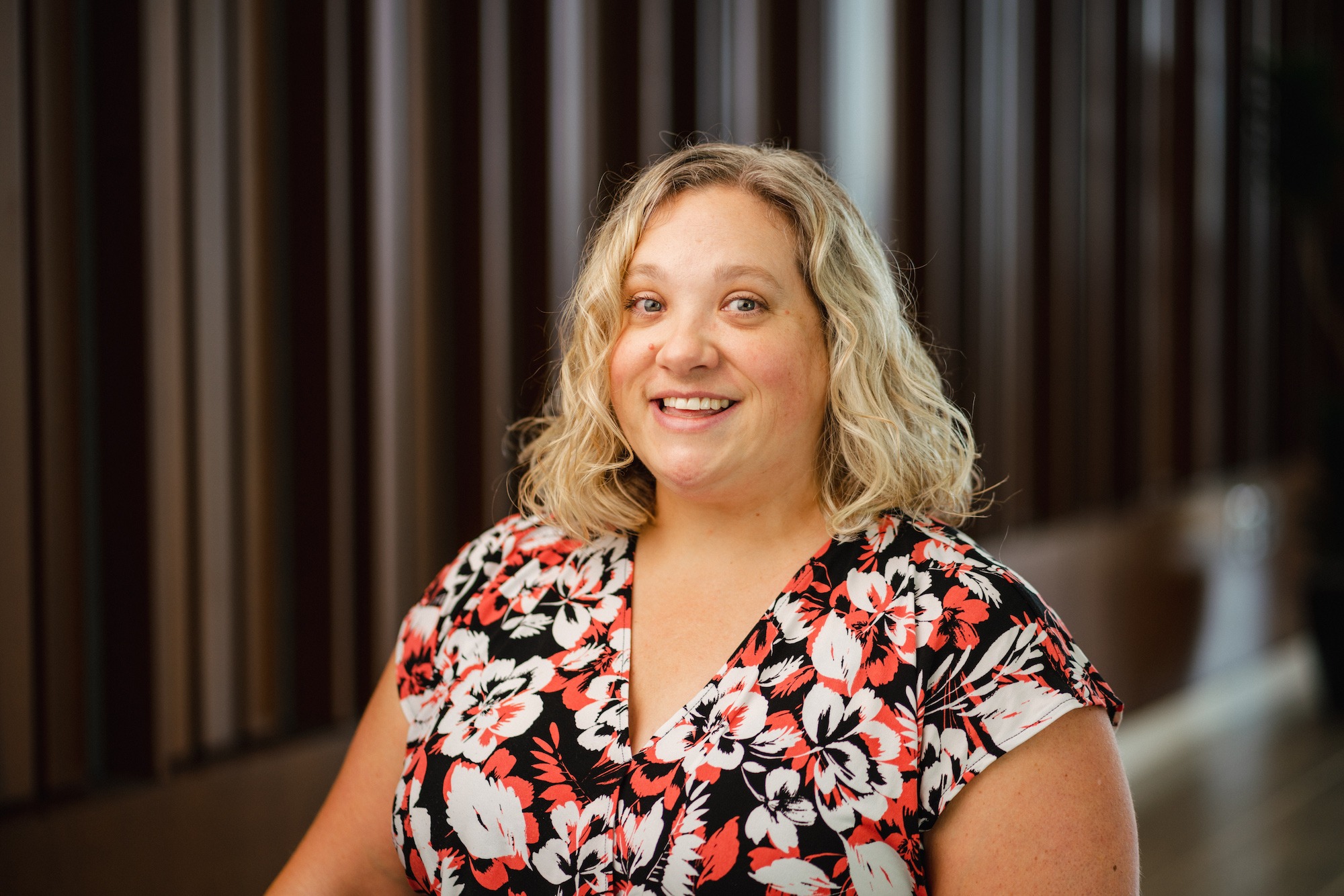EXPERIENTIAL EDUCATION
Real-World Training at Utah Law
Experiential learning – learning through practical experience – is a critical component of every student’s training at the S.J. Quinney College of Law. In experiential courses, including in-house clinics, field placements, and simulations, students get hands-on experience and individualized training that bridges the gap between the classroom and real-world lawyering. All students must complete six credits of experiential coursework before graduating. Many students choose to do more. See below for more information.
In-House Clincs
Many of our students find that a clinic experience is the most valuable, rewarding, and challenging part of law school. Clinic students learn through real-world work, intensive seminars, and regular meetings with faculty supervisors. Every clinic student gains valuable skills, knowledge, and mental habits that help prepare them for a successful practice. They also gain deep insight into the strategic, ethical, and relational dimensions of the legal profession.
Field Placements
In field placements, students earn academic credit while gaining practical skills and training under licensed attorneys in the field. S.J. Quinney has a wide variety of placements in over a hundred different settings across more than a dozen different areas of law, and new placements are developed every semester.
Simulations
Simulation courses engage students in dynamic, real-world lawyering tasks based on hypothetical scenarios. From the annual simulation in Global Perspectives on Counterterrorism to closing arguments in Trial Advocacy, from conceptualizing large-scale projects in Real Estate Development to drafting divorce settlement agreements in Family Law Practice Lab, students build concrete skills to be practice ready.
Spring to D.C. Program
The Spring to DC Program is a partnership between the S.J. Quinney College of Law and the Hinckley Institute of Politics that allows you to spend a spring semester living, learning, working, and networking in our nation’s capital. Supported by a large and active network of Utah Law alumni and contacts in the D.C. metro area, this program is the ideal way to get the experience and make the connections you need to launch a career in our nation’s capital and beyond.
Experiential Education FAQs
Yes. All students must complete at least 6 credit hours of experiential coursework before graduation. Clinics, field placements, and simulation courses count toward this requirement.
There is no cap on clinic or simulations credits. You may take a total of 14 credit hours in the Field Placement credit. These credit hours count toward the 18 ungraded credits you can take before graduation.
Yes! No matter the subject matter, each clinic teaches essential skills of legal analysis, strategic thinking, planning, problem solving, ethics and managing client relationships. All of which are transferable to any legal practice.
You may begin taking experiential courses after completing your 1L year. Our full-year Criminal Process field placement is open only to 3Ls.
The Criminal Process externship requires Evidence and Criminal Procedure as pre-requisites, and Trial Advocacy is highly recommended. It must be taken no later than fall of the third year because it is required by the rule that authorizes law students to appear in court. Students completing their first field placements must enroll in either Learning from Practice or Criminal Process as a co-requisite. During subsequent field placements, students must take Advanced Learning from Practice as a co-requisite.
Clinics require 42.5 hours of work per credit hour. Field placements require 50 hours of work at the placement per credit hour. This does not include work in any required classroom course.
Field placements are offered year-round, and students can find and apply for placements on 12Twenty. Students can also request to be matched, or they can locate their own field placement with the approval of the Director of Field Placements. Clinics are offered in fall and spring semesters, with fall applications accepted in March and spring applications accepted in October each year.
This is generally discouraged and will only be permitted in unique circumstances.
Contact Information




